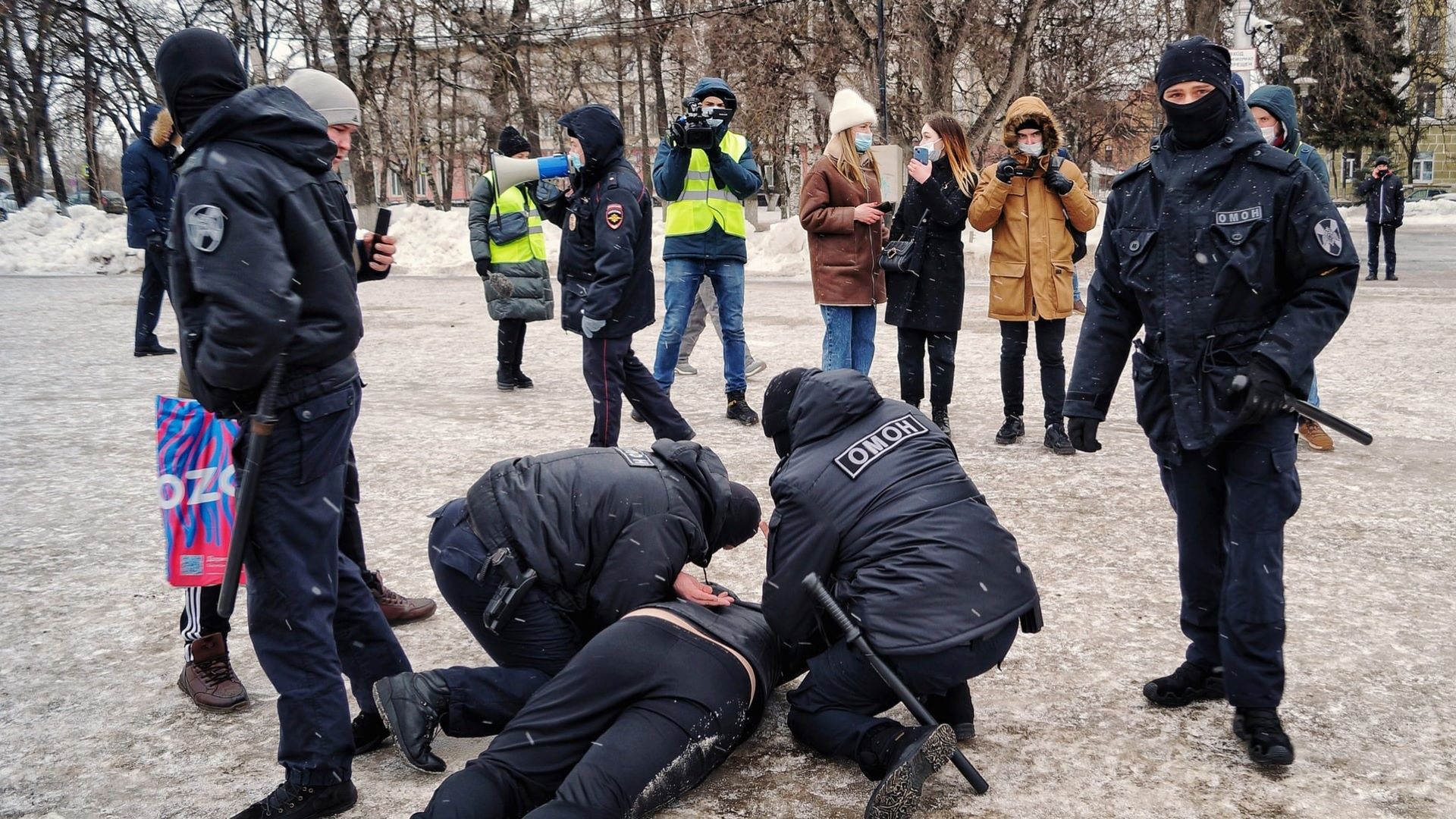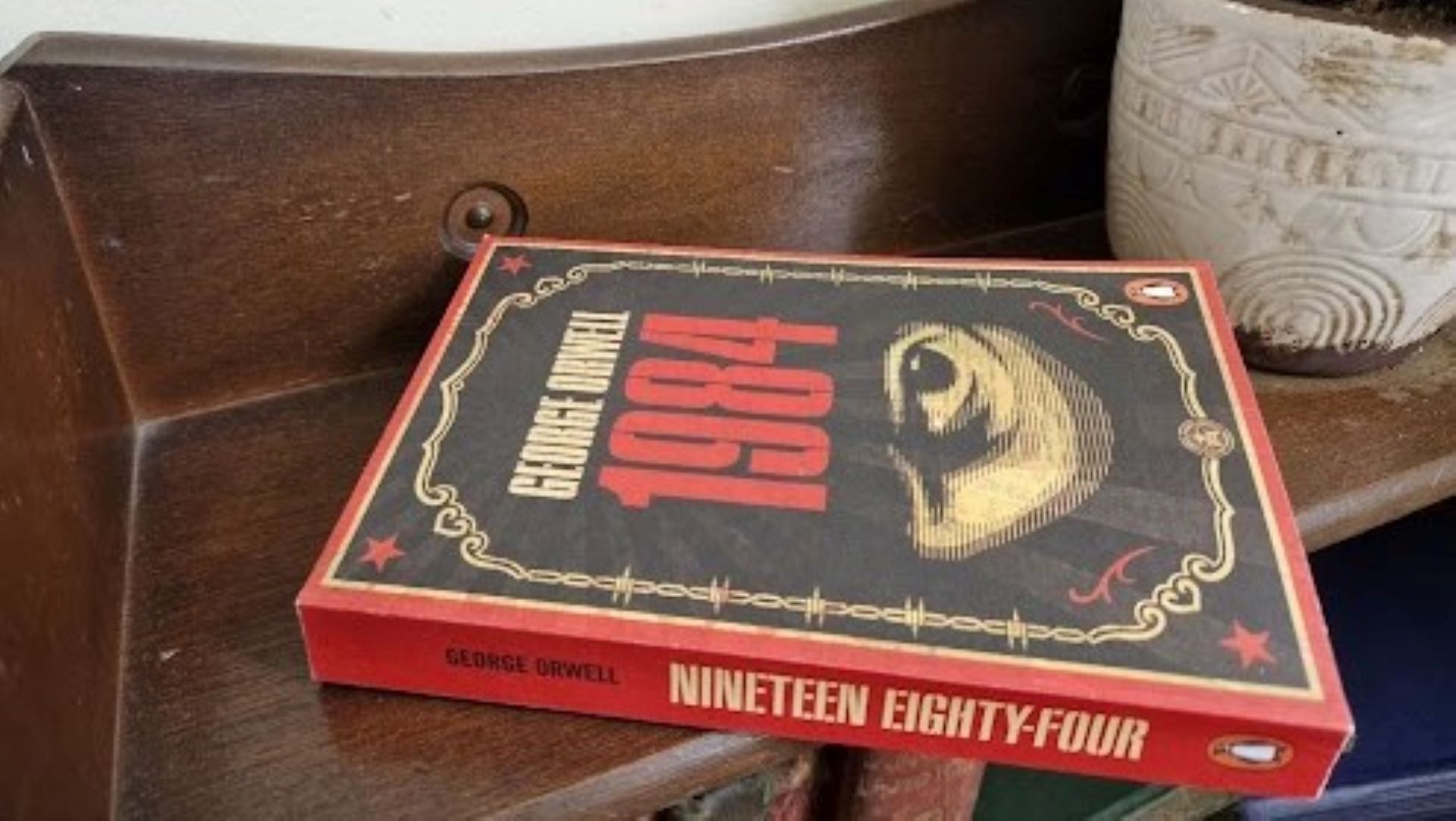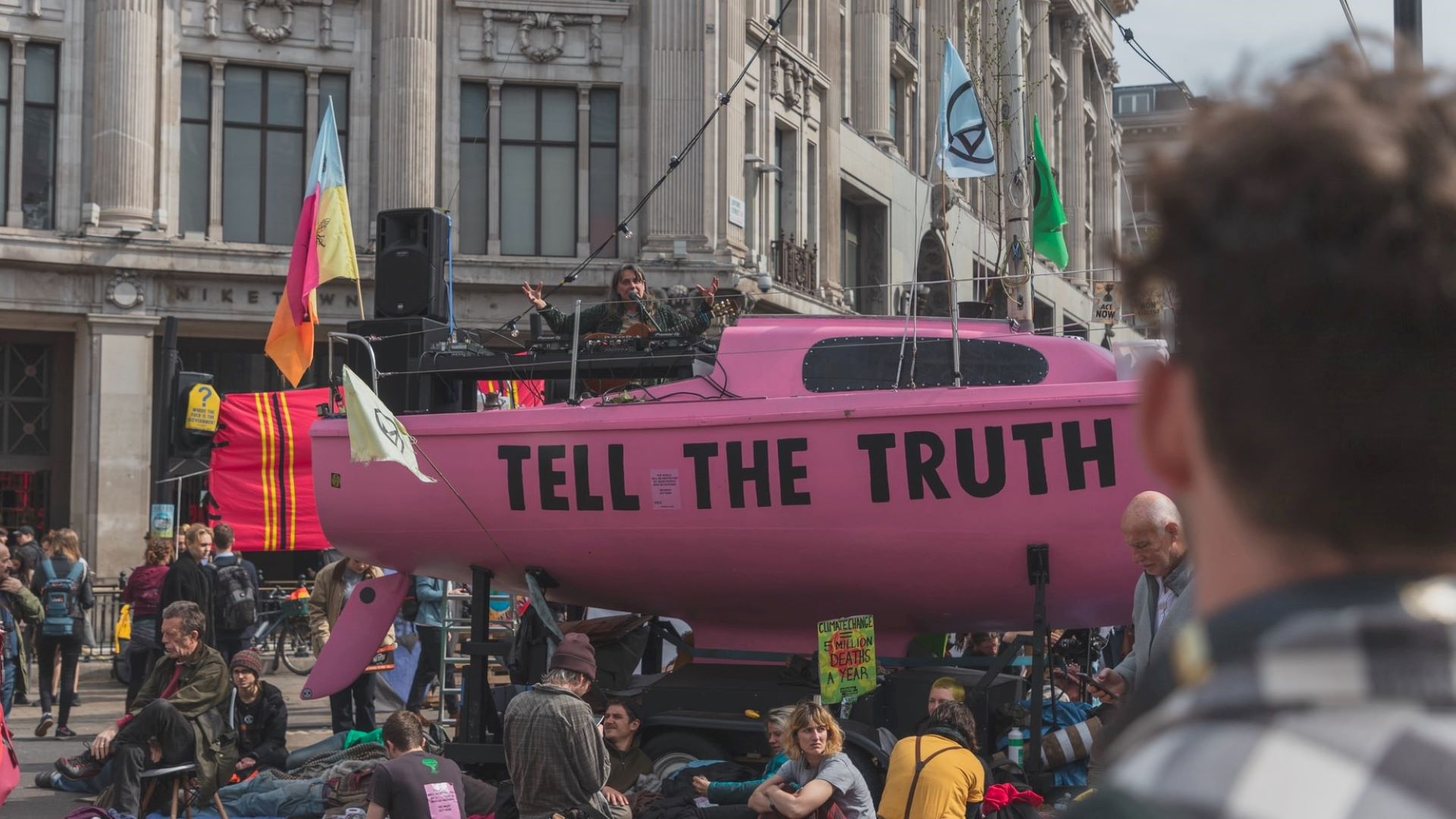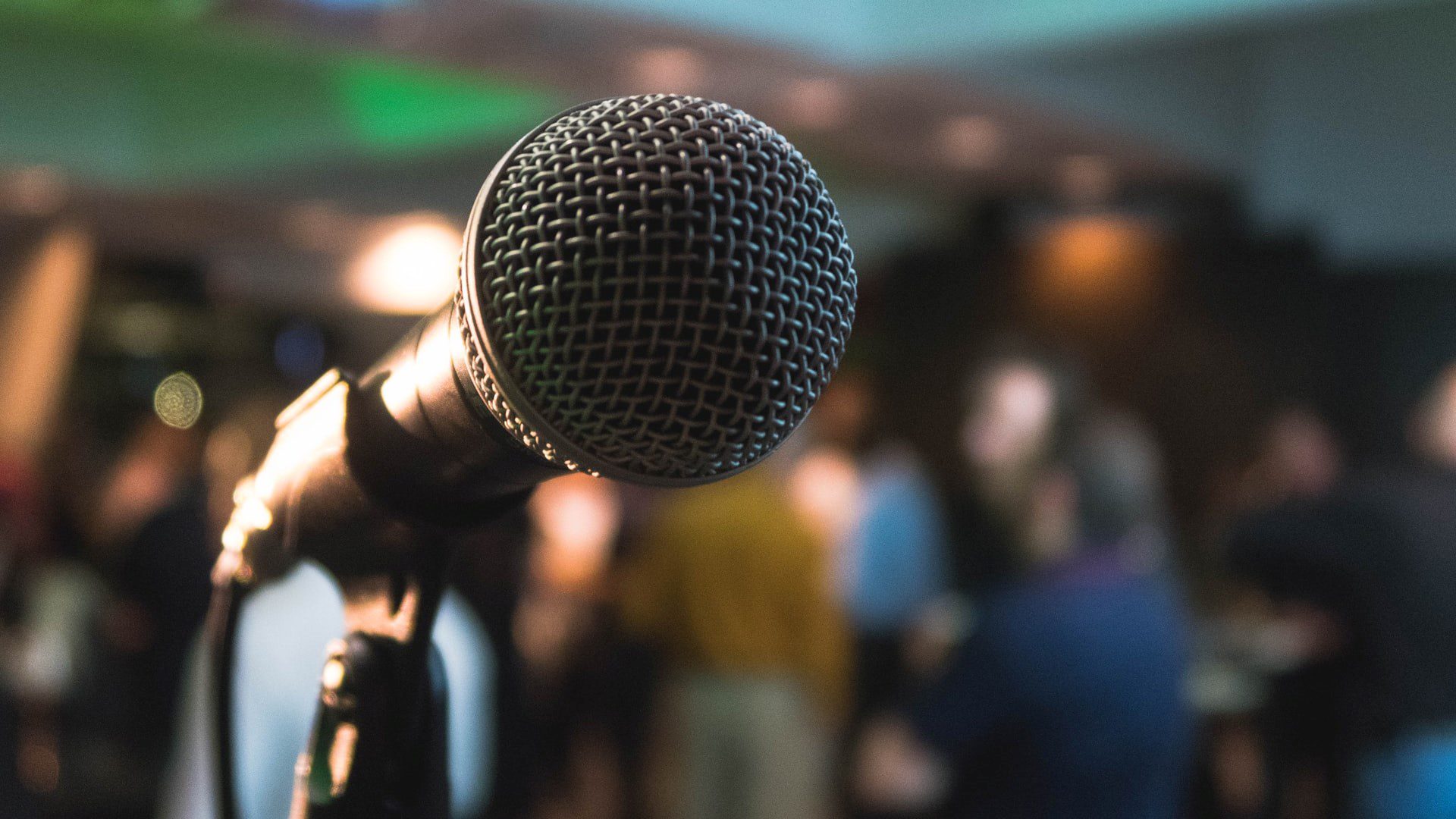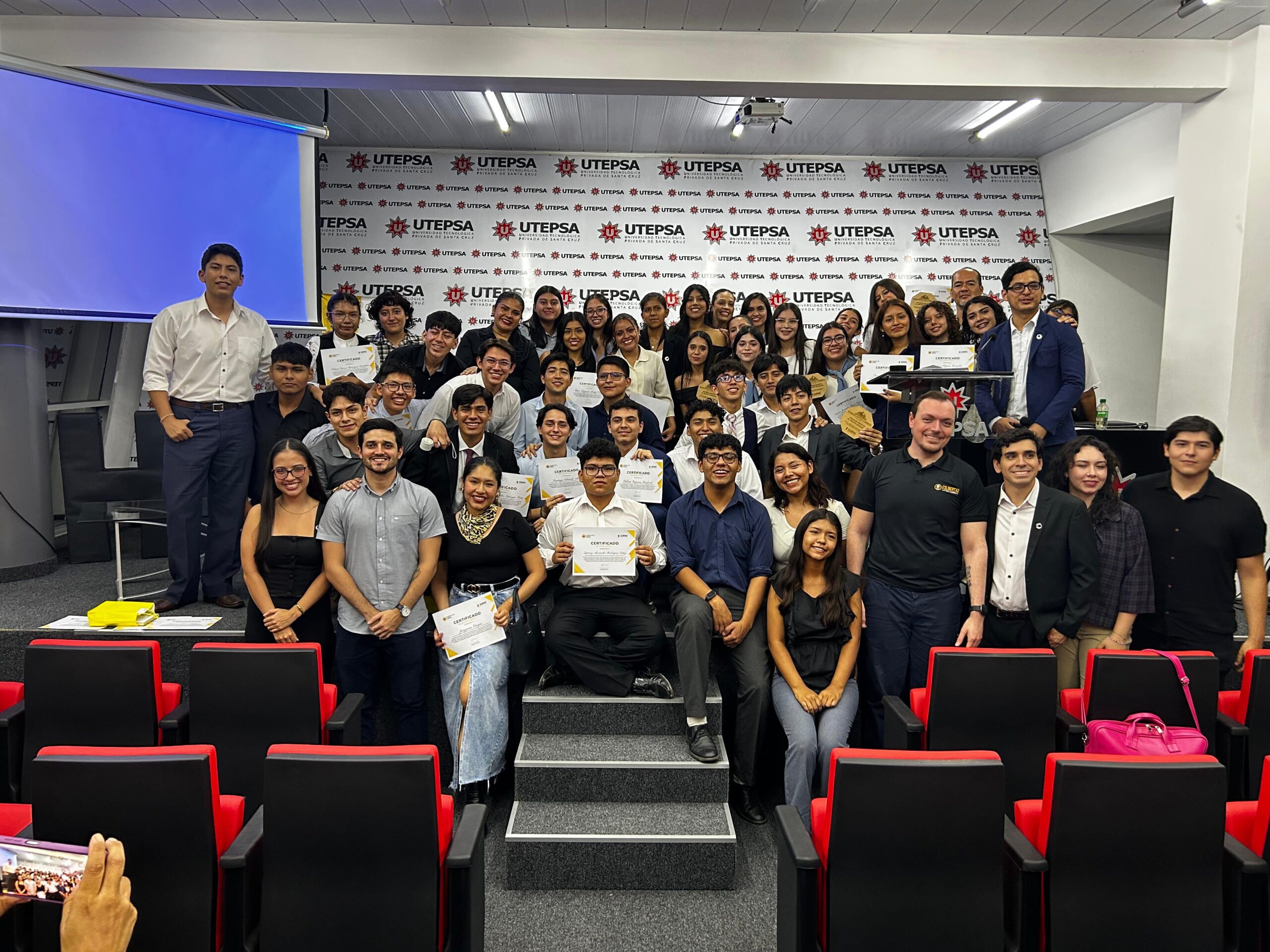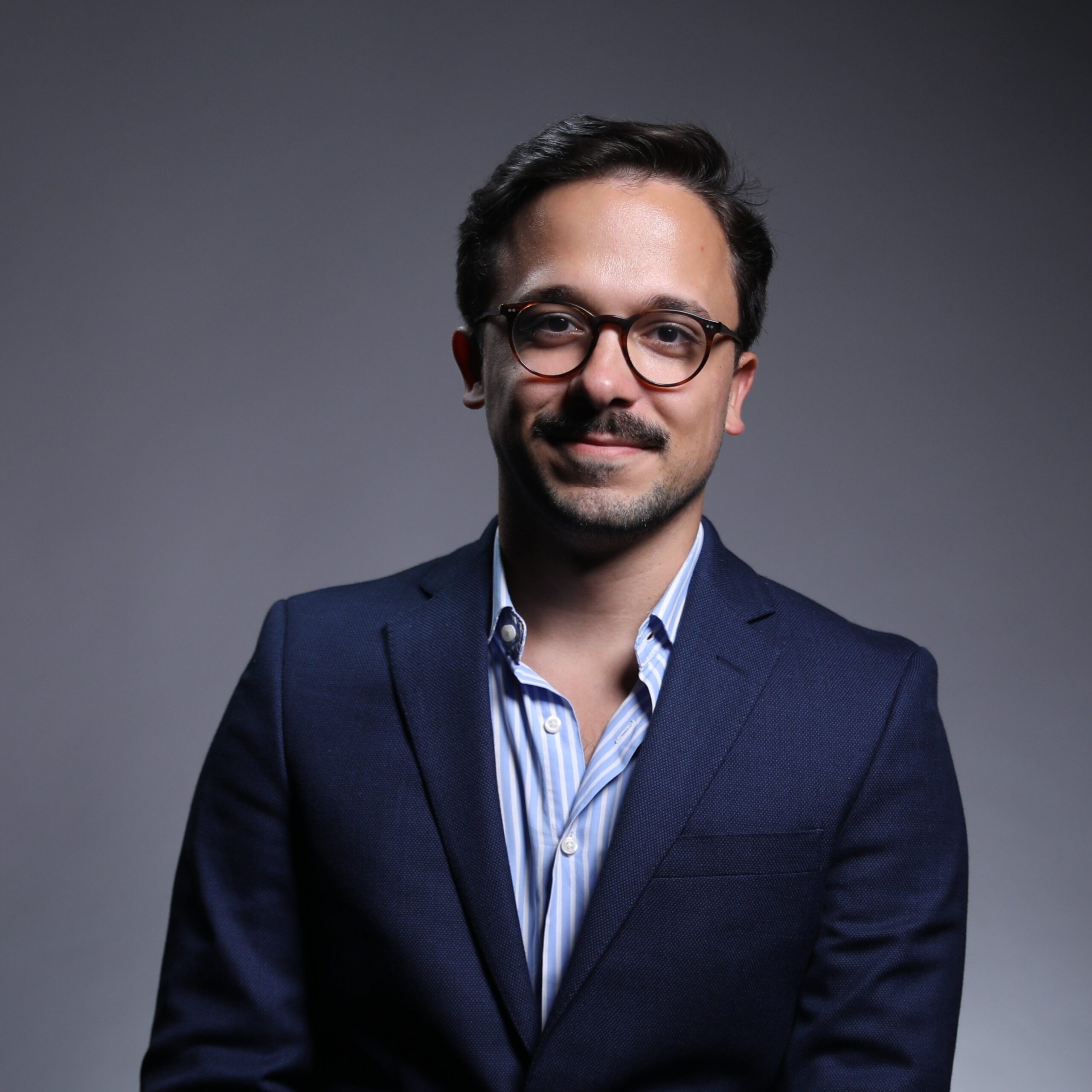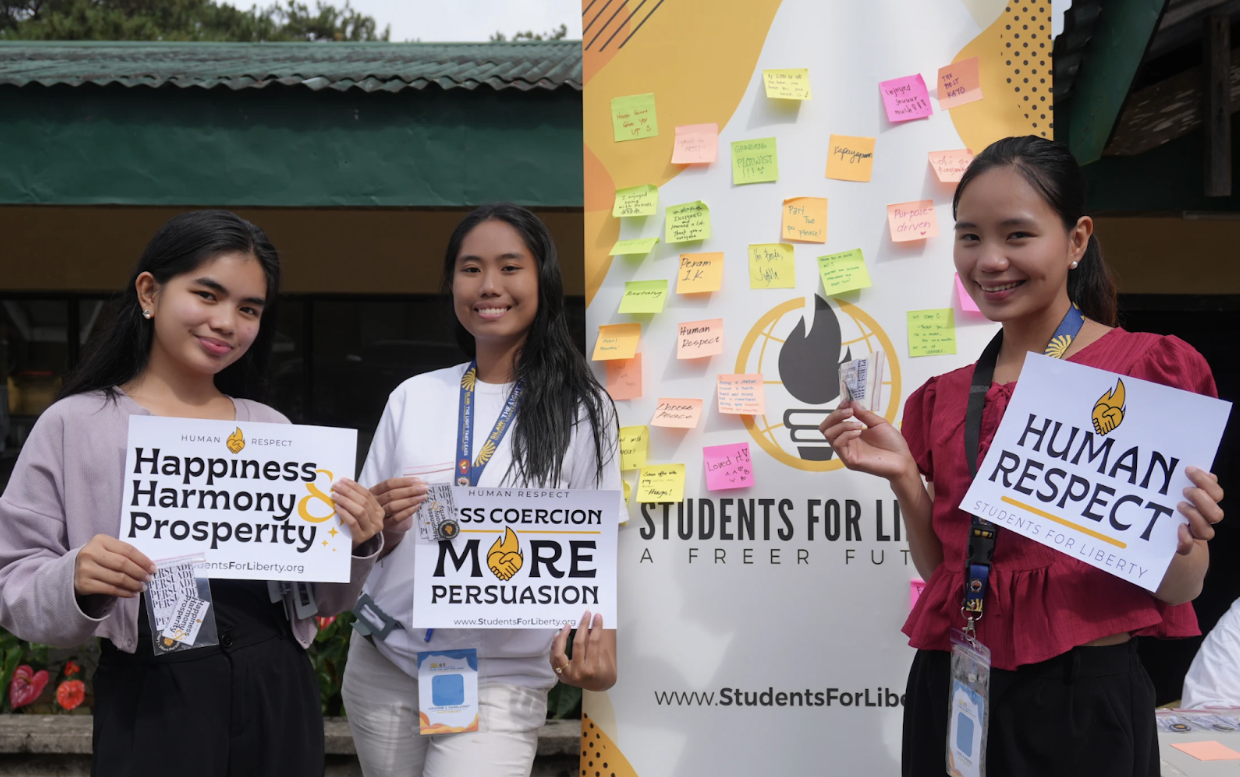War is hell. It leads to tragic and unnecessary loss of life; it leads to suffering and pain for those who survive.
But there are more subtle yet no less damaging aspects to war that people forget about. Politically speaking, war leads to a massive loss in civil liberties for those involved. State suppression of free speech is the clearest example of this menace.
Vladimir Putin’s Russia: a pertinent example of wartime censorship
The Russian state’s suppression of free speech leaves citizens with very limited options for voicing dissent against the war in Ukraine.
Indeed, the escalation of already stringent censorship in Russia ensures that the general public there has limited awareness of the situation in Ukraine.
State suppression of speech with severe penalties for “offenders” creates a culture of fear aimed at discouraging any discussion of the war other than in the context of the government’s narrative.
In Russia, an activist faces ten years in jail for “spreading false information” after swapping supermarket price tags with labels featuring anti-war messages and providing details about the war in Ukraine. This comes following the arrest and detention of tens of thousands of Russians who protested Putin’s invasion of Ukraine.
However, while the situation in Russia serves as a recent and extreme example, wartime censorship has a long history across the world, including in the supposedly free United States.
Speech has long been suppressed during wartime in the United States
During wartime, patriotism can often devolve into jingoism, while civil liberties are suspended in the name of security and order. Here, we can see a consistent pattern throughout American history where freedom of speech becomes a casualty of war.
During the First World War, driven by concerns over internal dissent, Congress passed the Espionage Act of 1917. An assault on First Amendment freedoms, this law effectively criminalized any attempt to cause insubordination to the war effort or obstruct the recruiting or enlistment of potential volunteers.
Furthermore, another section granted the postmaster general the power to ban certain communications from the mail if they advocated resistance to any law of the United States.
In Schenck v. United States (1919), a dangerous precedent was established. The idea the constitutional right to free speech should not apply during wartime was clearly set out by Justice Oliver Wendell Holmes when he declared that:
“When a nation is at war, many things that might be said in times of peace are such a hindrance to its effort that their utterance will not be endured so long as men fight, and that no Court could regard them as protected by any constitutional right.”
The mid-20th century was a dark time for constitutional rights
Following the First World War, the pattern of government overreaction to dissent or potential dissent became firmly entrenched as it continued through to the Second World War, the Korean War, and beyond. Encroachment on constitutional rights was widespread under the guise of wartime necessity.
During this era, the U.S. government committed what was arguably the most horrific violation of civil liberties since the end of slavery by ordering the internment in concentration camps of some 110,000 Americans of Japanese descent.
In a decision that has since been rightly condemned as emblematic of the bigotry of the time, the Supreme Court upheld the exclusion order against Japanese Americans by the Western Defense Command in Korematsu v. United States (1944).
During the Cold War, freedom of speech remained very much subject to conditions. In Dennis v. United States (1951), the Supreme Court upheld the conviction of 12 people for Communist Party activity. Addressing the issue of this blatant assault on civil liberties, the wrote wrote:
“To those who would paralyze our Government in the face of impending threat by encasing it in a semantic straitjacket we must reply that all concepts are relative.”
Critics of government policy continued to face persecution for expressing their views during the Vietnam War era. One prominent example is that of civil rights leader Julian Bond, who was elected to the Georgia House of Representatives in 1966, but was refused a seat due to his known opposition to U.S. involvement in Vietnam.
Bond brought his case to the Supreme Court, which voted 9-0 in his favor, ruling that the Georgia House of Representatives could not expel an elected representative from their legislative seat over their political views.
In this instance, Chief Justice Earl Warren wrote that:
“The manifest function of the First Amendment in a representative government requires that legislators be given the widest latitude to express their views on issues of policy,” recognizing the principle that, “Just as erroneous statements must be protected to give freedom of expression the breathing space it needs to survive, so statements criticizing public policy and the implementation of it must be similarly protected.”
War continues to be used as a pretext for suppressing civil liberties
In recent decades in the United States, the War on Terror following the attacks on 9/11 provided an opportune excuse for government legislators to suppress civil liberties in new ways. Only 45 days after the attacks, comprehensive federal legislation was pushed through in the form of the U.S.A Patriot Act.
Several provisions of the Patriot Act have a fundamental impact on the freedoms supposed to be guaranteed under the First Amendment. One such provision, Section 215, afforded government officials the ability to access business records, library records, health care records, Internet service provider logs, and other documents, overriding the protections that individuals have traditionally enjoyed.
Of course, once the initial emergency used to justify state overreach has faded, this does not mean that the new powers seized will be discarded.
Freedom of speech and transparency during wartime is crucial
If freedom of speech does not apply when the state makes an arbitrary decision to suspend or limit civil liberties, does it even exist in any meaningful sense? Wartime, a time of death and destruction, is when scrutiny of the state’s policy is at its most vital as the consequences of censorship can be especially dire.
In the present context, one wonders how different the situation might be in Ukraine if the Russian public had freedom of speech, a free press, and knew the horrors unfolding as part of the so-called “special operation.”
For more content on freedom of expression, be sure to check out our video playlist by clicking on the button below.
This piece solely expresses the opinion of the author and not necessarily the organization as a whole. Students For Liberty is committed to facilitating a broad dialogue for liberty, representing a variety of opinions.
